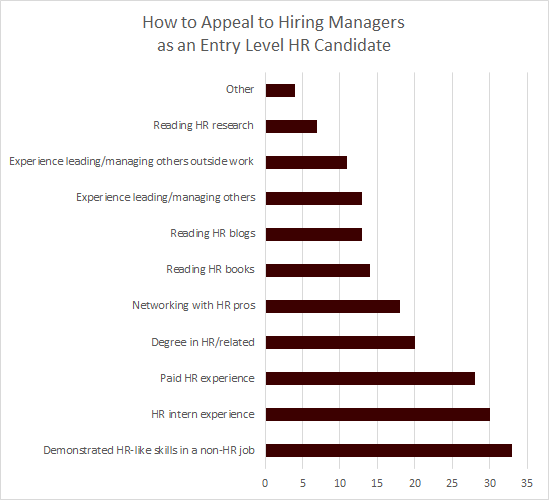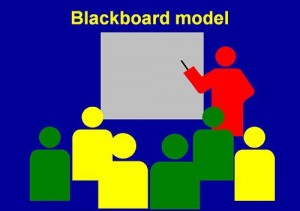 Today’s question is from someone that is trying to get into the HR profession. It’s a common challenge, but her specific problem is whether this is coming too soon or if she is ready for the role. Check it out:
Today’s question is from someone that is trying to get into the HR profession. It’s a common challenge, but her specific problem is whether this is coming too soon or if she is ready for the role. Check it out:
Hello!! My name is Sam. I just started my educational journey in business, and eventually a degree in Human Resource. I’m NEW, I’m EXCITED, and I’m…… uh oh…. I’m given the opportunity to apply for and possibly taking a position, ALREADY?
So, here’s some back story. I’m in our local coffee shop grabbing some fuel for the day, when the owner of my longtime boyfriend comes into line behind me. No big deal, we’ve met many times and he’s a really nice guy. Well, he overhears me speaking about school and asks me what I’m in for. I jokingly say “whatever Company X is hiring for”.
“Human Resources, Janedoe is leaving soon”
Oh. Em. Gee.
THAT’S WHAT I’M GOING TO SCHOOL FOR!
Fast forward, Janedoe is still there, I have been way too chicken to go talk to her. Besides being nervous to get the job (potentially), Im nervous to tell the woman I’ve been working for doing homecare that I’ll be going for an interview for my dreamjob and leaving her in the dust. Continue reading

 There seems to be a segment of the HR population that cares a lot about certification and puts a certain amount of “weight†in the PHR or SPHR designation. While not all of us are raging fans of HR certification, I\’d like to know your thoughts on HRCI changing the requirements for students and recent graduates. Starting in 2011, that segment of the HR population will no longer be eligible to take the exam.
There seems to be a segment of the HR population that cares a lot about certification and puts a certain amount of “weight†in the PHR or SPHR designation. While not all of us are raging fans of HR certification, I\’d like to know your thoughts on HRCI changing the requirements for students and recent graduates. Starting in 2011, that segment of the HR population will no longer be eligible to take the exam.  A few weeks back, I dropped by another NASHRM student chapter meeting. I was blown away by the amazing speaker. Tim Grey from AMCOM stopped by to give a short lecture on federal HR and its differences from the private sector. I must say that I was amazed. I probably looked like I was ignoring him, because I had my phone out typing on it most of the time. I was making notes as fast as I possibly could. It’s interesting, because that snuck up on me. I was sitting there listening and suddenly realized that he was passing out some golden truths that I shouldn’t be missing! Enough warm fuzzies, here are a few sound bytes from the session:
A few weeks back, I dropped by another NASHRM student chapter meeting. I was blown away by the amazing speaker. Tim Grey from AMCOM stopped by to give a short lecture on federal HR and its differences from the private sector. I must say that I was amazed. I probably looked like I was ignoring him, because I had my phone out typing on it most of the time. I was making notes as fast as I possibly could. It’s interesting, because that snuck up on me. I was sitting there listening and suddenly realized that he was passing out some golden truths that I shouldn’t be missing! Enough warm fuzzies, here are a few sound bytes from the session: